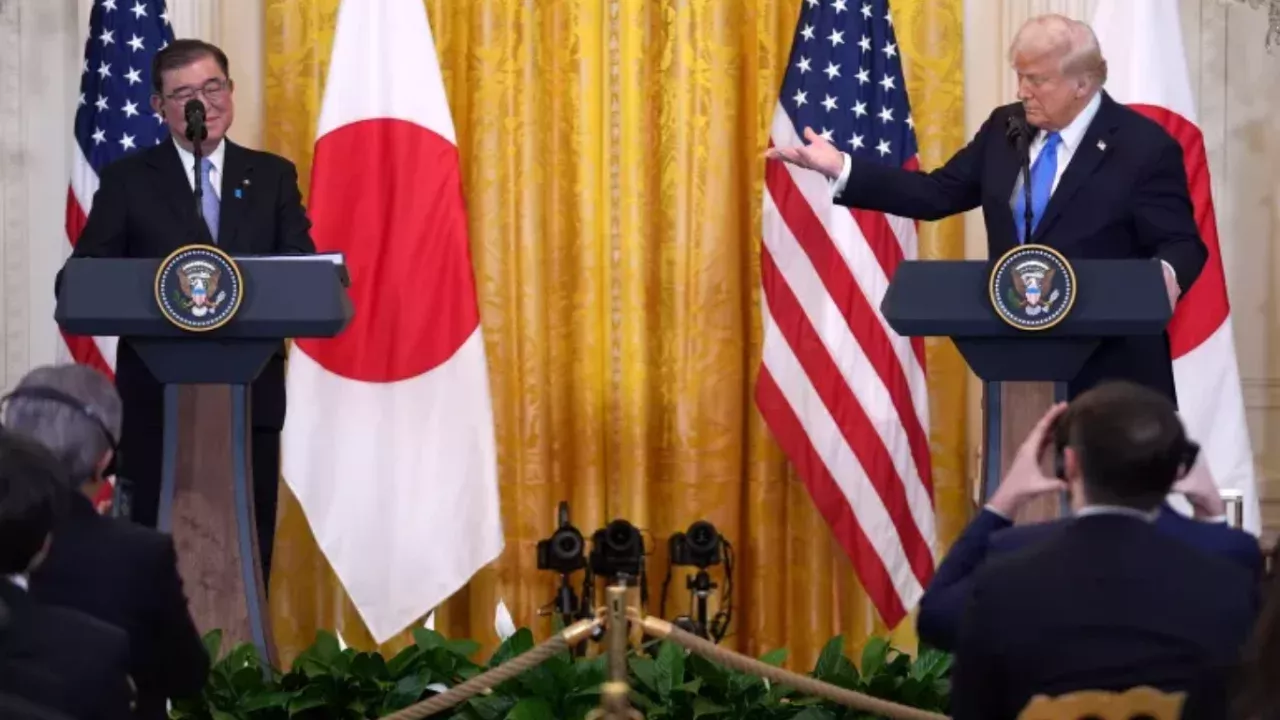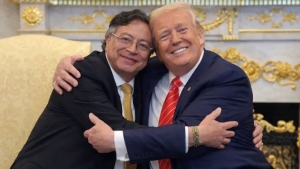A major trade agreement was signed between Trump and Japan

Recently, the trade agreement signed between U.S. President Donald Trump and Japan's Prime Minister Shigeru Ishiba was described as "the largest trade agreement in history." This was reported by Zamin.uz.
Although this opinion is controversial, the agreement is expected to have a significant impact on the global economy, especially on Asian countries. Japan is the world's fourth-largest economy.
Its exports mainly consist of automobiles, electronics, and machinery. The U.S. is Japan's largest export market.
The high tariffs previously imposed by the Trump administration could have negatively affected the Japanese economy. The new agreement will lower tariffs, create stability for businesses, and expand planning opportunities for manufacturers.
In particular, Japan's automotive industry—large companies like Toyota, Honda, and Nissan—will greatly benefit from the new agreement. Previously, Japanese cars imported to the U.S. were subject to a 27.5 percent tariff, which will now be reduced to 15 percent.
This will make Japanese cars cheaper compared to competitors. In exchange for this agreement, Japan plans to invest $550 billion in the U.S.
This funding will be directed towards creating reliable supply chains in critical sectors such as pharmaceuticals and semiconductors. As a result of the agreement, new jobs are expected to be created in the U.S., and innovations are expected to develop.
Additionally, Japan has also agreed to increase the volume of rice purchases from the U.S. This is significant for strengthening Japan's food supply.
Regional and global pressures are increasing. This agreement may influence negotiations with countries like South Korea and Taiwan.
Vietnam, Indonesia, and the Philippines have already signed new agreements with the U.S. However, poorer countries—export-dependent states like Cambodia, Laos, and Sri Lanka—are unable to make significant offers to the U.S. and are falling behind in this process.
The European Union has also announced that it will strengthen cooperation with Japan to combat unfair trade practices and resist economic pressures. This could further intensify competition in the global trade arena.







